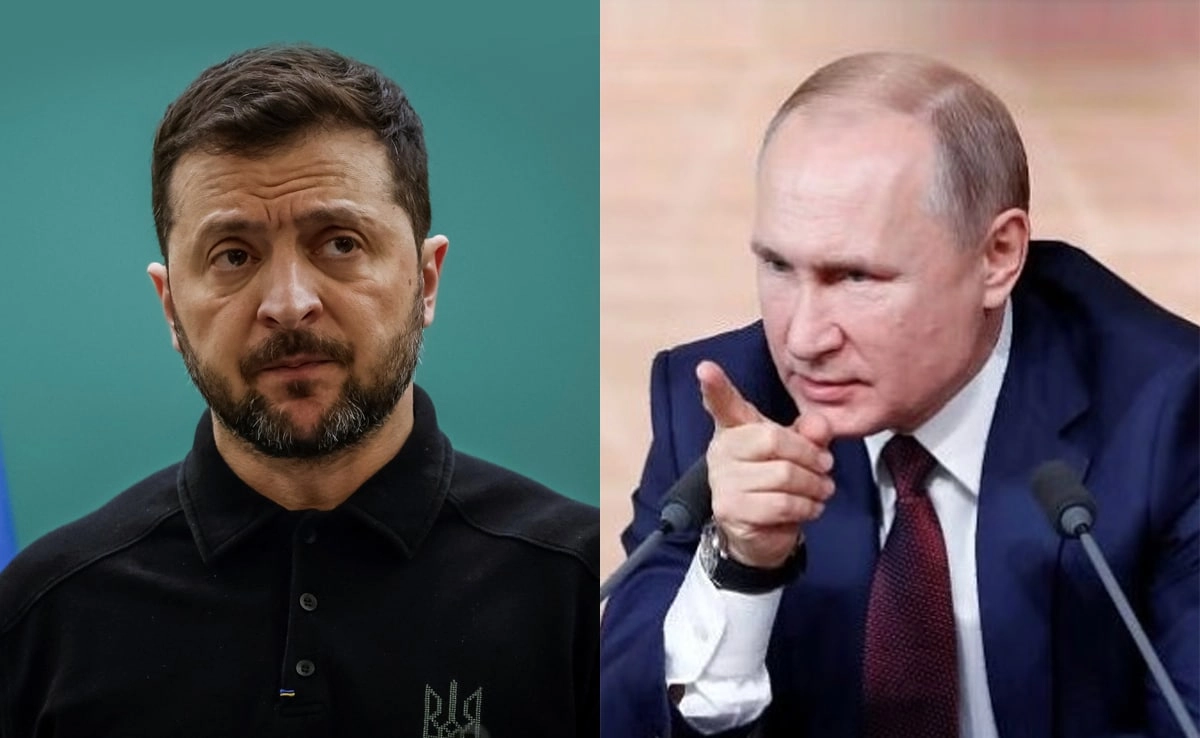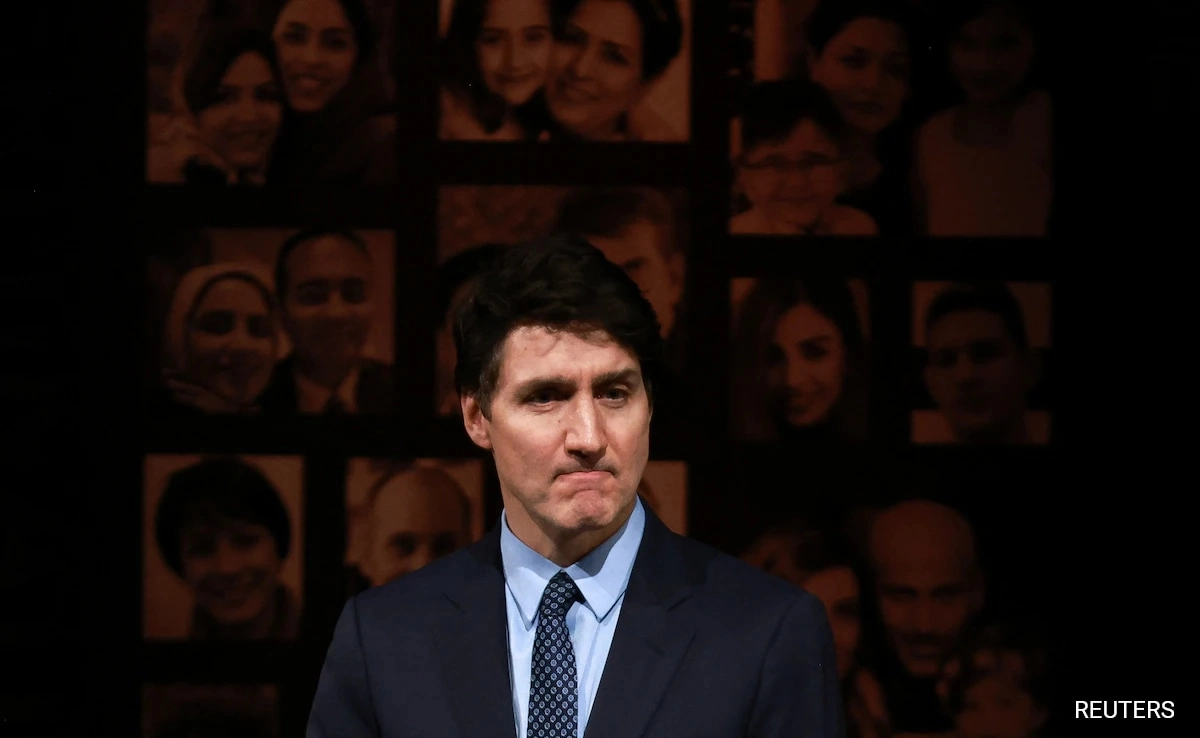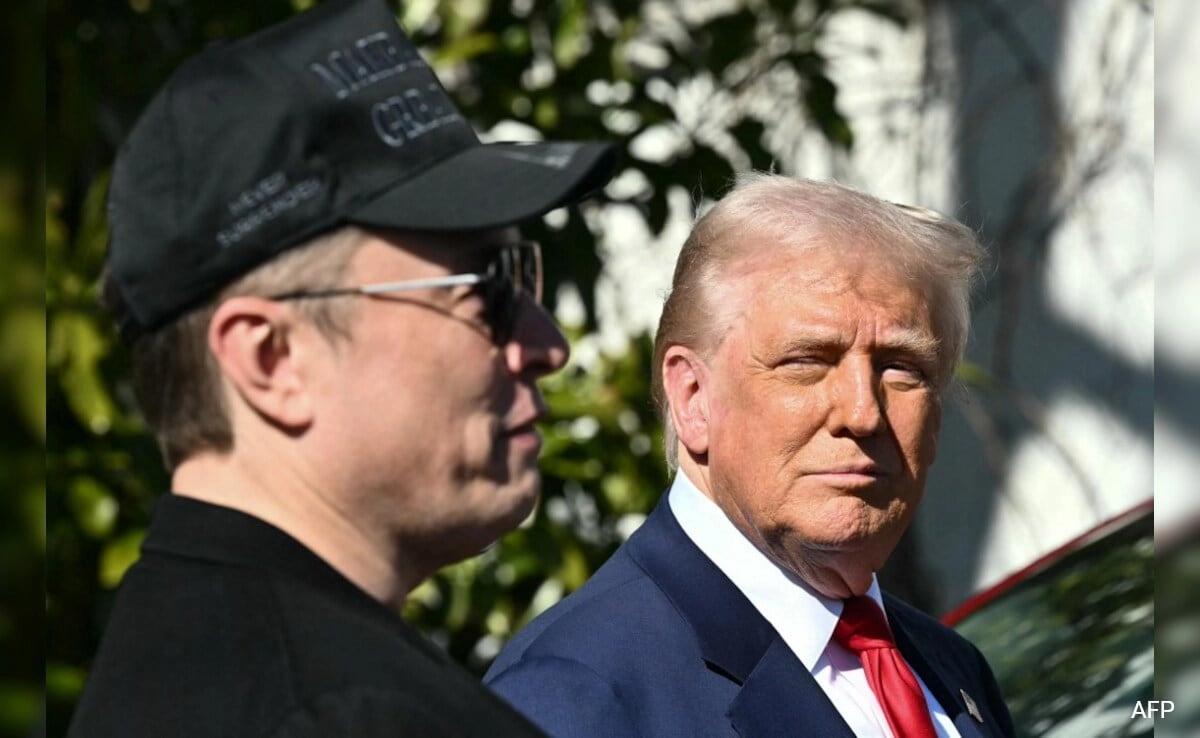In a recent statement, the Russian government clarified that there are no scheduled meetings between President Vladimir Putin and Ukrainian President Volodymyr Zelensky. This announcement comes amid ongoing tensions and conflict between the two nations, particularly following Russia’s invasion of Ukraine in February 2022. The absence of diplomatic engagement at this level highlights the complexities and challenges that have emerged in the quest for a peaceful resolution to the war.
Despite various international efforts to mediate and facilitate dialogue, both leaders remain entrenched in their respective positions. The lack of a meeting signifies a broader context of distrust and the difficulty of finding common ground. As the conflict continues to evolve, the implications of this absence of communication could be significant, potentially prolonging the hostilities and impacting the humanitarian situation in Ukraine.
Furthermore, the international community watches closely as both leaders navigate their political landscapes. For Zelensky, maintaining a robust defense against the Russian aggression is paramount, while Putin seeks to solidify his grip on territories claimed during the conflict. The absence of high-level talks suggests that the path to peace remains fraught with obstacles, and without constructive dialogue, the prospects for a resolution appear grim.
In light of these developments, the importance of third-party mediation and diplomatic initiatives cannot be overstated. Engaging neutral parties may provide a platform for both sides to address their grievances and explore potential avenues for de-escalation. As the human cost of the war continues to rise, the urgency for dialogue becomes increasingly critical, underscoring the pressing need for leaders to prioritize peace over prolonged conflict.




